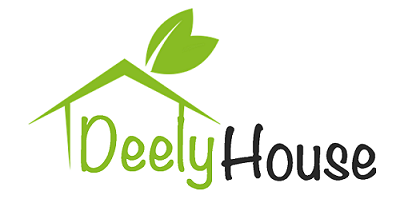Kitchen countertops are available in different options, but a few materials include the majority of kitchen countertops Toronto. Find the advantages and disadvantages of each type below. Follow them to know more about each type and to make your final decision.
Granite
In a kitchen, granite represents beauty. The elegance of granite countertops makes even modest kitchens look like luxury space. In the past, granite was an expensive commodity but its prices were somewhat lower as stocks increased and the stone was processed more regularly.
Advantages
- Resistant to heat
- Maintenance-free
- Adds real estate value to the home
- Very solid and long-lasting
- Comes in around 3,000 different colors and types
Disadvantage
- Unsuitable for DIY installation
- Very costly material
- Imperfect Slabs
- Requires sealing to avoid stains
- Can crack easily
Soapstone
Soapstone is another natural stone with a smooth, silky texture, usually comes in dark gray color. In recent years, the resurgence is accepted as an alternative to granite. Soapstone is often seen in historic homes, but also as a countertop and sink material in modern homes. Soapstone uses an antique-like patina over time, which seems very attractive in some types of the kitchen.
Advantages
- Comes in Deep and rich color
- A bit stain resistant
- Fairly impervious to heat
- Gives an antique, momentous look to a kitchen
- Damage can be sanded out
Disadvantages
- Impossible to do a DIY installation
- May darken over time
- Needs to be treated with mineral oil
- The surface is vulnerable to scratch and dent
Marble
Marble is one more natural stone that is generally used in kitchen countertops. As no two marble sheets are the same, each marble countertop is unique.
Advantages
- Waterproof
- Heat Resistance
- Adds real estate value of a home
- Extremely striking stone with unique veining
Disadvantages
- Costly
- Impossible to do a DIY installation
- Difficult in repairing if get scratched
- Require sealing to avoid stains
Quartz (Engineered Stone)
The countertop material is known as “quartz”. It is an engineered stone product made of 93 percent quartz parts and other minerals, formed into plates and bound with resins.
Advantages
- Possible to do a DIY installation
- Easy maintenance, no sealing required
- Perfect Slabs
- Customization available
- Stain and heat Resistance
- More realistic and natural appearance than the solid surface material
Disadvantages
- Costly
- Countertops are very heavy

